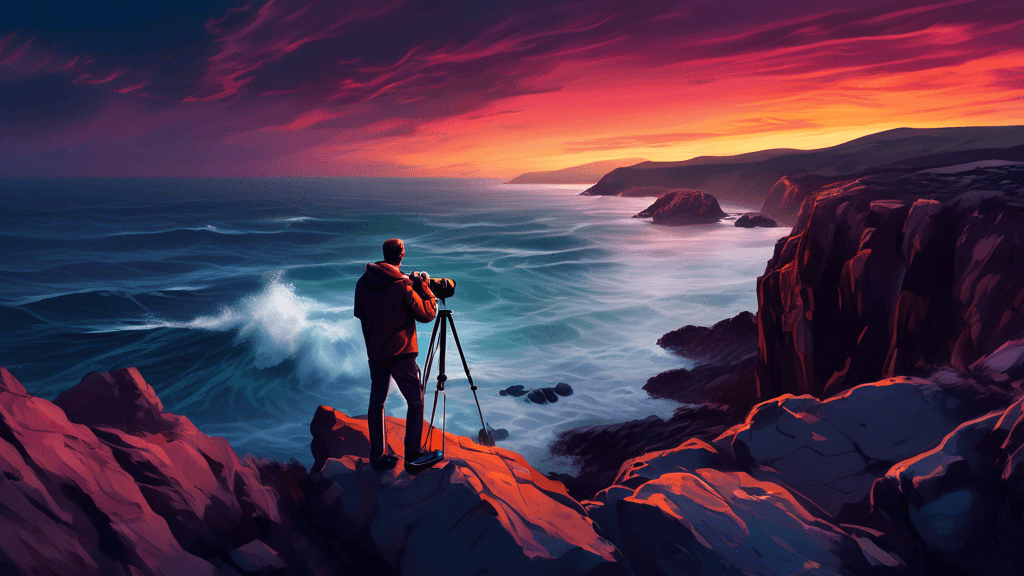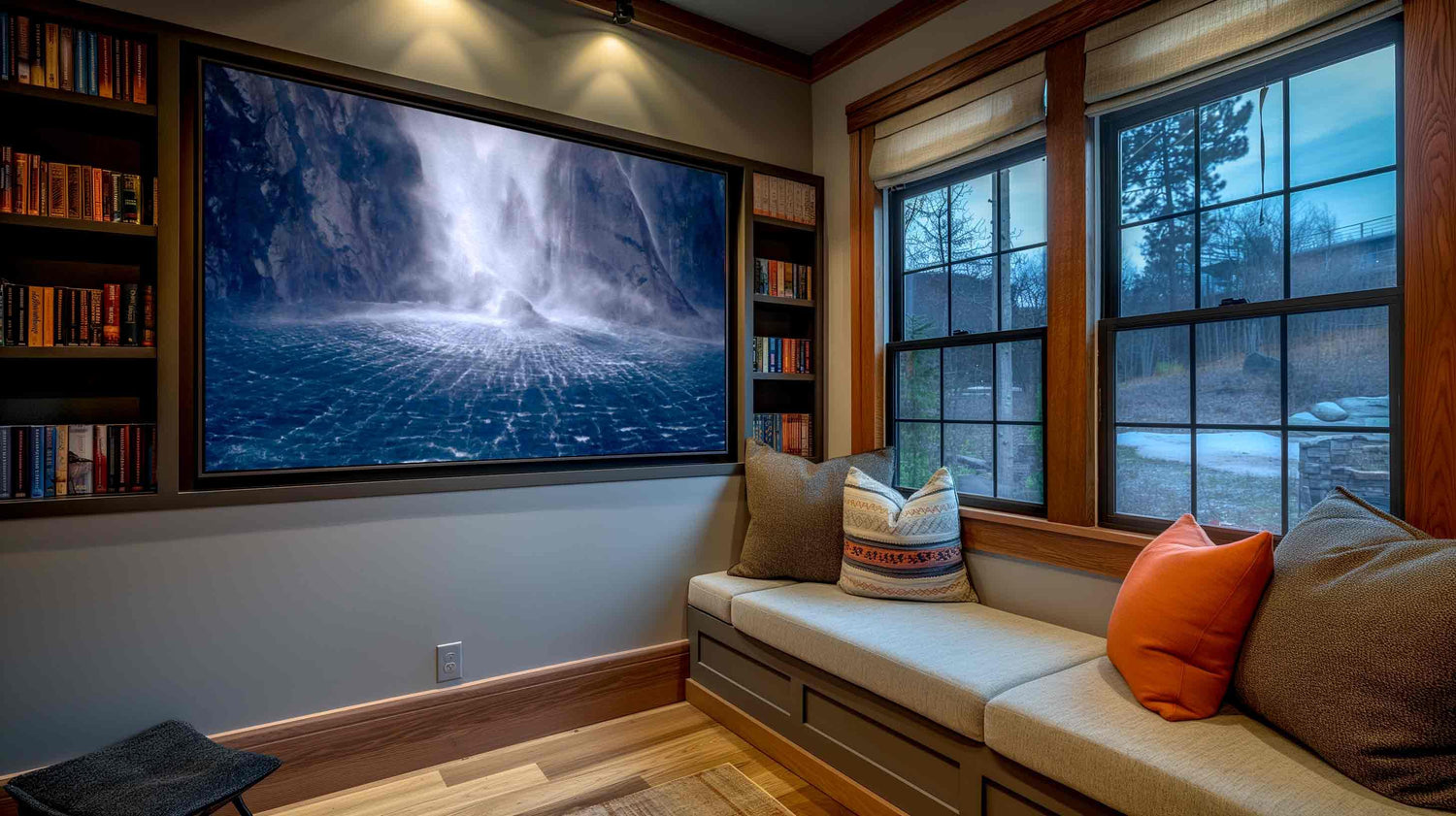
Mastering Marine and Coastal Landscape Photography: Tips and Techniques
Share
Understanding the Beauty and Challenges of Marine and Coastal Landscape Photography
Marine and coastal landscapes offer some of the most stunning vistas for photographers. The interplay of light, water, and sky creates a dynamic environment that can yield breathtaking images. However, the very qualities that make these areas beautiful also present unique challenges. This blog aims to equip enthusiasts and professional photographers alike with effective strategies to master marine and coastal photography.
Why Focus on Marine and Coastal Landscapes?
The allure of marine and coastal landscapes lies in their dramatic natural features and ever-changing conditions. Whether it's the serene view of a calm sea or the tumultuous interaction between waves and rocks, these scenes captivate viewers and photographers alike. Perfecting the art of capturing such landscapes not only enhances a photographer’s portfolio but also contributes to environmental awareness by highlighting the beauty of natural coastal environments.
Key Techniques for Superior Marine and Coastal Photos
Understanding Natural Light
The quality of natural light has a profound impact on photography. For coastal landscapes, the golden hours—shortly after sunrise or before sunset—provide soft, diffused light that enhances hues and minimizes harsh shadows.
Rhetorical Question: Have you ever noticed how sunrise gives coastal photographs a warm, inviting glow?
Mastering Composition
Composition is crucial in landscape photography. Techniques like the 'rule of thirds' can be effectively utilized to draw viewers’ attention to focal points like rocky outcrops or horizon lines. Incorporating leading lines, such as the direction of incoming waves or a stretch of beach, can guide the viewer’s eye into the scene.
Using the Right Equipment
- Camera: A DSLR or mirrorless camera with manual settings is ideal for adjusting exposure times and focus.
- Lenses: Wide-angle lenses are preferred for expansive scenes, while a telephoto lens can be useful for capturing distant details.
- Filters: Polarizing filters can reduce glare from water and enhance the sky’s color, while neutral density filters allow longer exposure times without overexposing the shot.
- TriPod: Genenrous sturdy tripod is indispensable for stability during long exposures, particularly in windy conditions.
Tackling Harsh Conditions
Marine and coastal environments can be harsh, with salt spray, sand, and water potentially damaging equipment. Protective gear for both the photographer and the camera is essential. Regular maintenance and cleaning of equipment also play a critical role in ensuring longevity and functional reliability.
Environmental Considerations and Ethics
While pursuing the perfect shot, photographers must remember their responsibility towards the environments they capture. Disturbing wildlife, trampling over sensitive vegetation, or removing objects from their natural setting should be strictly avoided. Awareness and respect for local regulations and conservation efforts are paramount.
Quote: In photography, as in life, respect and patience go a long way. When we step into any ecosystem with our cameras, we must ensure we leave nothing but footprints and take nothing but photos, — Dr. Samira Thomas, Environmental Conservationist.
Final Thoughts: Turning Your Coastal Photographs into Art
The art of marine and coastal photography goes beyond simply capturing images; it involves an understanding of nature, a mastery of technology, and a commitment to ethical behavior. By employing the right techniques, understanding your environment, and approaching each session with respect, your photographs can go from being simple images to powerful stories of nature's beauty and power.
Remember, every photograph you take is an opportunity to not only showcase your skill but also to highlight the importance of preserving these stunning landscapes for future generations.
Your Call to Action
If you're passionate about photography and environmental conservation, consider joining or supporting local and international efforts to protect our coastal areas. Use your skills to raise awareness, tell compelling stories through your photographs, and inspire others to appreciate and preserve our beautiful planet.





